Living with Artificial Intelligence
Engage in literary, scientific, and ethical study of Artificial Intelligence.
FEBRUARY 15 - FEBRUARY 17, 2019
Washington, DC
Two divergent tendencies are strikingly evident in American public discourse: the invocation of the right not to be offended, and the insistence on the right to say whatever one pleases. And it is clear that both of these tendencies are affirmed and, in fact, enabled by the Internet.
This weekend seminar will explore the political psychology of the Internet, its latent implications for our political associations, and its bearing on our understanding of law and the common good. Students will look at current controversies in tech and the political principles that intersect them: What responsibilities do tech companies like Facebook and Twitter have to protect constitutional values like free speech? To promote civil debate? Why does social media seem to encourage mob mentality, and how should we respond to the chilling effects of online harassment for freedom of thought and expression? And can we trust private companies like Google – with their own vision of the public good – to neutrally enforce standards and police speech? More importantly, can we trust ourselves to use this vastly powerful tool responsibly? What virtues are needed for the digital age?
Images courtesy Animated Heaven, Flickr | Pixabay
Adam J. White on free speech
This seminar will take place in Washington, DC. Travel, housing, meals, and course materials are provided by the Hertog Foundation.
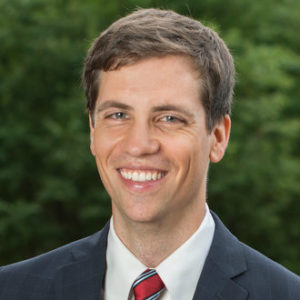
Antón Barba-Kay is Associate Professor of Philosophy at The Catholic University of America, in Washington, D.C. (He is also, at the moment, Visiting Professor of Humanities at Deep Springs College, in California.) He earned his Ph.D. from the University of Chicago’s Committee on Social Thought, with a dissertation on Hegel’s Phenomenology of Spirit. The bulk of his research has concentrated on the subjects of recognition and aesthetics in nineteenth-century German philosophy. He is also writing a book about the political and philosophical implications of the digital revolution.


Adam J. White is the Laurence H. Silberman Chair in Constitutional Governance and senior fellow at the American Enterprise Institute, where he focuses on the Supreme Court and the administrative state. Concurrently, he codirects the Antonin Scalia Law School’s C. Boyden Gray Center for the Study of the Administrative State.

Adam J. White is the Laurence H. Silberman Chair in Constitutional Governance and senior fellow at the American Enterprise Institute, where he focuses on the Supreme Court and the administrative state. Concurrently, he codirects the Antonin Scalia Law School’s C. Boyden Gray Center for the Study of the Administrative State.
Mr. White practiced constitutional and administrative law, particularly in the regulation of energy and financial markets. He started his legal career as a law clerk for Judge David B. Sentelle at the US Court of Appeals for the DC Circuit.
Mr. White has testified often before Congress, including before the Senate’s Committees on the Judiciary; Commerce, Science, and Transportation; and Homeland Security and Governmental Affairs and before the House’s Judiciary and Financial Services Committees. In 2018, the Senate Committee on the Judiciary called him to testify in Brett Kavanaugh’s Supreme Court confirmation hearings to advise senators on Kavanaugh’s approach to administrative law.
In 2021, he served on the Presidential Commission on the Supreme Court of the United States, where he criticized “Court packing” and other efforts to restructure the Supreme Court. In 2017, he was appointed to serve on the Administrative Conference of the United States. He also serves on the leadership council for the American Bar Association’s Administrative Law and Regulatory Practice Section, which he will chair in 2023–24. Before joining AEI, he was a research fellow at Stanford University’s Hoover Institution and an adjunct fellow at the Manhattan Institute.
Mr. White has a JD from Harvard Law School and a bachelor of business administration from the College of Business at the University of Iowa.
Jon Askonas
Jon Askonas is an Assistant Professor at Catholic University of America and works on the connections between the republican tradition, technology, and national security. He has a B.S. in International Politics from Georgetown University, a M.Phil. in International Relations from Oxford, and is a D.Phil. candidate at Oxford. His writing has appeared in Russian Analytical Digest, Triple Helix, Fare Forward, War on the Rocks, and the Texas National Security Review. Jon participated in the 2015 Advanced Institute “Lessons of the Iraq War.”
Readings:
Discussion Questions:
Readings:
Discussion Questions:
Helen Andrews
Helen Andrews is managing editor of the Washington Examiner. She was a 2017–18 Robert Novak Journalism Fellow and has worked as a think tank researcher. Her writing has appeared in First Things, The Hedgehog Review, American Affairs, and Spectator USA, among other publications. Helen is a former Associate Editor of National Review and holds a BA in Religious Studies from Yale University. Helen is an alum our Hertog’s 2018 Advanced Institute course: “Thucydides and the Peloponnesian War.”
Reading:
Readings:
Discussion Questions:
Reading:
Discussion Questions:
Reading:
Discussion Questions:
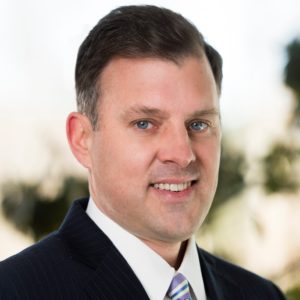
Flagg Taylor
Flagg Taylor is the Executive Director of the Center for Civics, Culture, & Society, at Miami University. His research specialty is in the history of political thought and American government, especially the question of executive power. He is Chair of the Academic Council of the Victims of Communism Memorial Foundation.
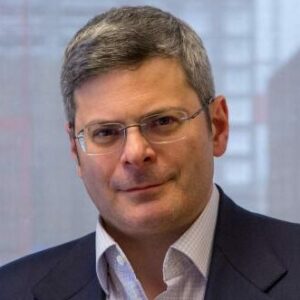
Bernhardt Trout
Bernhardt L. Trout is the Raymond F. Baddour, ScD, (1949) Professor of Chemical Engineering and Director of the MIT Society, Engineering, and Ethics Program. He received his S.B. and S.M. degrees from MIT and his Ph.D. from the University of California at Berkeley. In addition, he performed post-doctoral research at the Max-Planck Institute. Professor Trout is the co-editor of the 2016 volume Mastery of Nature.
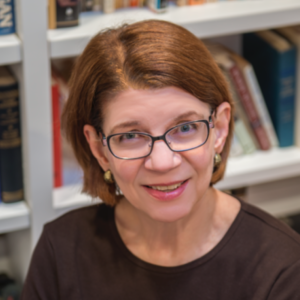
Martha Bayles
Martha Bayles is a fellow at the Institute for Advanced Studies in Culture at the University of Virginia, and since 2003 she has taught humanities at Boston College. She is currently at work on a monograph on the threats to independent journalism around the world; and a book about the importance of “voluntary restraint” in the American tradition of free speech.

Matthew Continetti
Matthew Continetti is the director of domestic policy studies and the inaugural Patrick and Charlene Neal Chair in American Prosperity at the American Enterprise Institute (AEI), where his work is focused on American political thought and history, with a particular focus on the development of the Republican Party and the American conservative movement in the 20th century.
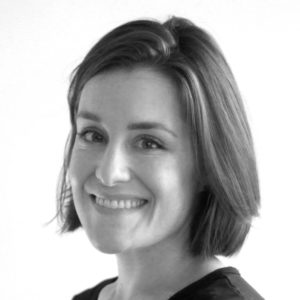
Mary Elizabeth Halper
Mary Elizabeth Halper is the Associate Director at the Hertog Foundation. She graduated with B.A.s in Philosophy and in Classics from the University of Dallas and has since been devoted to liberal education in various forms. She earned her Ph.D. in Philosophy from the Catholic University of America, where she defended a dissertation on the political philosophy of Plato’s Protagoras and Gorgias.

Diana Schaub
Diana Schaub is a nonresident senior fellow at the American Enterprise Institute (AEI), where her work is focused on American political thought and history, particularly Abraham Lincoln, Frederick Douglass, African American political thought, Montesquieu, and the relevance of core American ideals to contemporary challenges and debates. Concurrently, she is Professor Emerita of Political Science at Loyola University Maryland, where she taught for almost three decades.
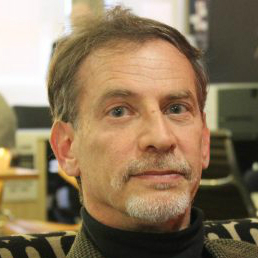
Darren Staloff
Darren Staloff is a retired Professor of History from the City College of New York and the Graduate Center of CUNY. Professor Staloff has published numerous papers and reviews on the subject of early American history.
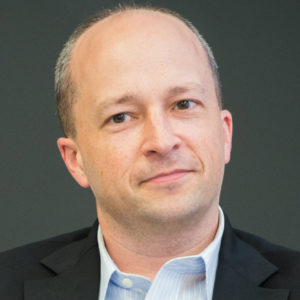
Yuval Levin
Yuval Levin is a Resident Scholar and Director of Social, Cultural, and Constitutional Studies at the American Enterprise Institute and the Editor of National Affairs magazine. Mr. Levin served on the White House domestic policy staff under President George W. Bush.